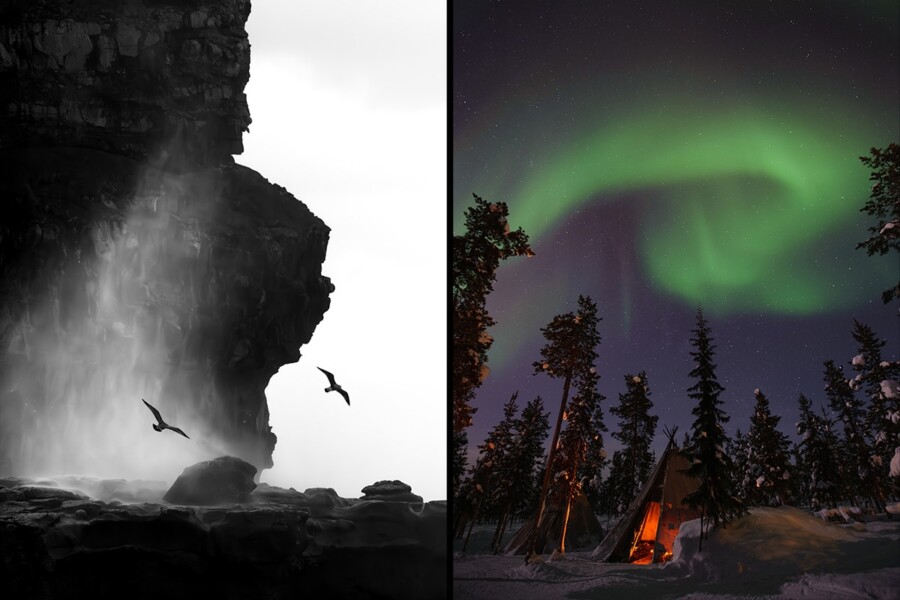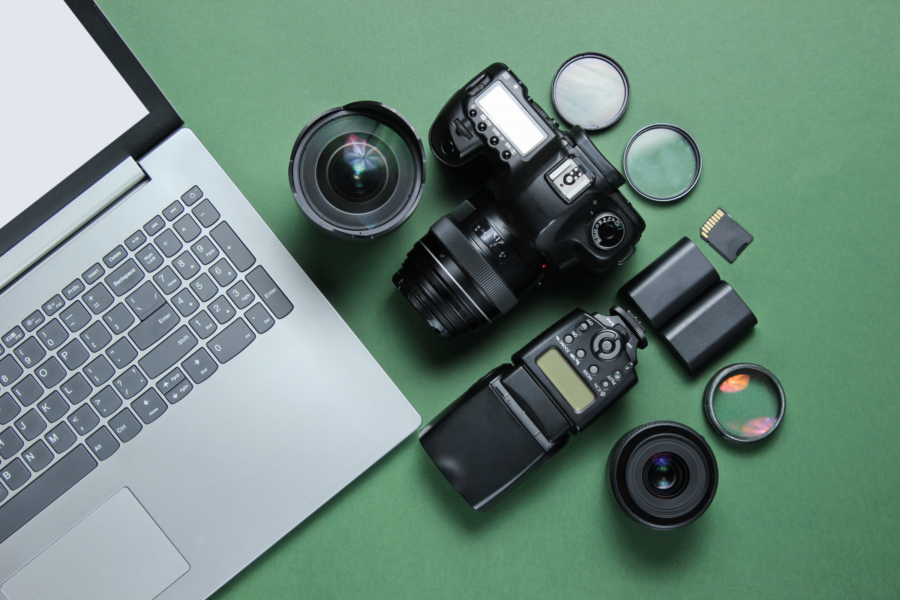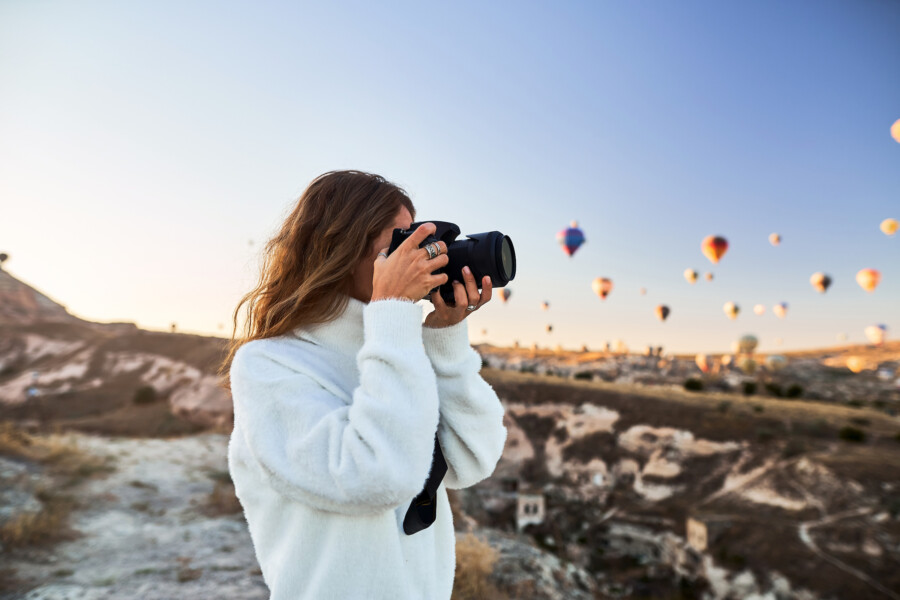Share
How a Photographer “Discovered” Sikh Captain America
In the immediate aftermath of 9/11, Balbit Singh Sodhi, a Sikh-American gas station owner in Mesa, Arizona, was viciously shot five times by Frank ...
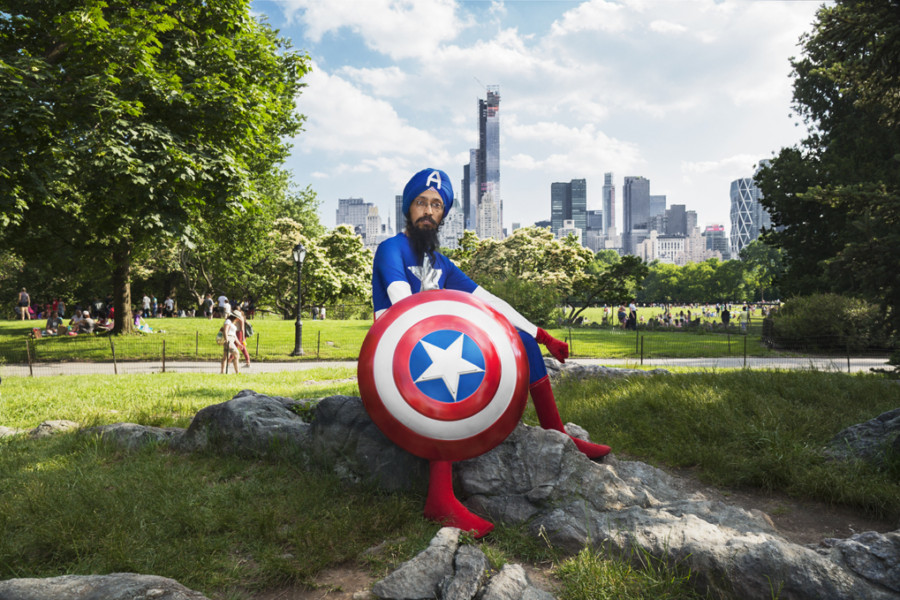
In the immediate aftermath of 9/11, Balbit Singh Sodhi, a Sikh-American gas station owner in Mesa, Arizona, was viciously shot five times by Frank Silva Roque. Roque told friends that he was “going to go out and shoot some towel heads,” and mistook Sohdi as a Muslim, beginning an ignominious trend of violent misidentification in America.
Like many New Yorkers, photographer Fiona Aboud had an emotional response to 9/11 and an equally strong response to the killing of a fellow American resulting from ignorance. Her preliminary research into the visual record of Sikhs revealed a paltry corpus. “There weren’t many photos of Sikhs, and the ones I found were the British photographing them in India, representing them to look exotic and different,” says Aboud. “These two things made me feel that Sikh-Americans had to be documented. The way I chose was inspired by the Orientalists – not to make them look more foreign, but to make them more American.”
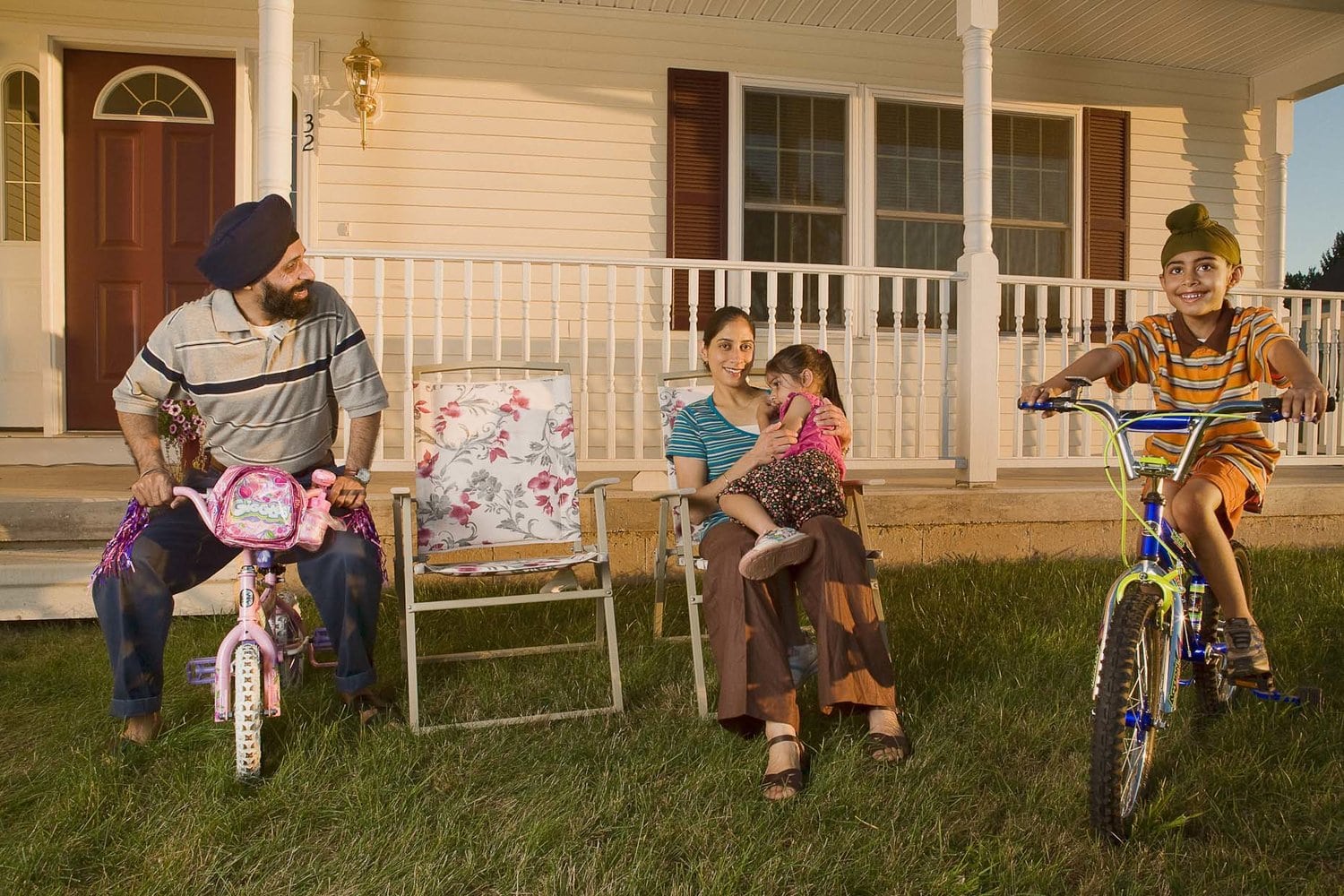
Photo by Fiona Aboud
Her project, “Sikhs: An American Portrait,” started with photographs at a Sikh-American parade in NYC, but slowly unfurled across the country. Aboud found a tight-knit community of 500,000, where word-of-mouth introductions helped her build connections to subsequent subjects.
About six years into the project, Aboud came across Vishavjit Singh – an editorial cartoonist and creator of Sikhtoons. In 2011, Singh drew a poster for New York Comic Con featuring Captain America with a turban and beard. With the poster as inspiration, Aboud sought to photograph Singh clad like his character. Self-conscious about his thin physique, Singh demurred. But after a bit of coaxing, Singh finally acquiesced in 2013 to embodying his own vision of a Sikh superhero by donning a Captain America costume for a photo shoot.
“We finally picked the day,” Aboud recounts, “and it happened to be the Puerto Rican Day Parade. We didn’t even know. It was crazy because people were like ‘Osama! Muslim!’ but he was able to talk to people.” Singh wrote for Salon:
“As I walked down the street, it was like dominoes. People slowed down to get my attention. Fans clustered around me. Parents egged their children next to me for a shot. I urged the kids to strike a superhero pose. In front of the Metropolitan Museum, four well-built African-American men surrounded me with big smiles, hands stretched out, fingers twirled with attitude and me sandwiched between them, striking a pose with my shield and a fist.”
The shoot was serendipitous for both photographer and subject.
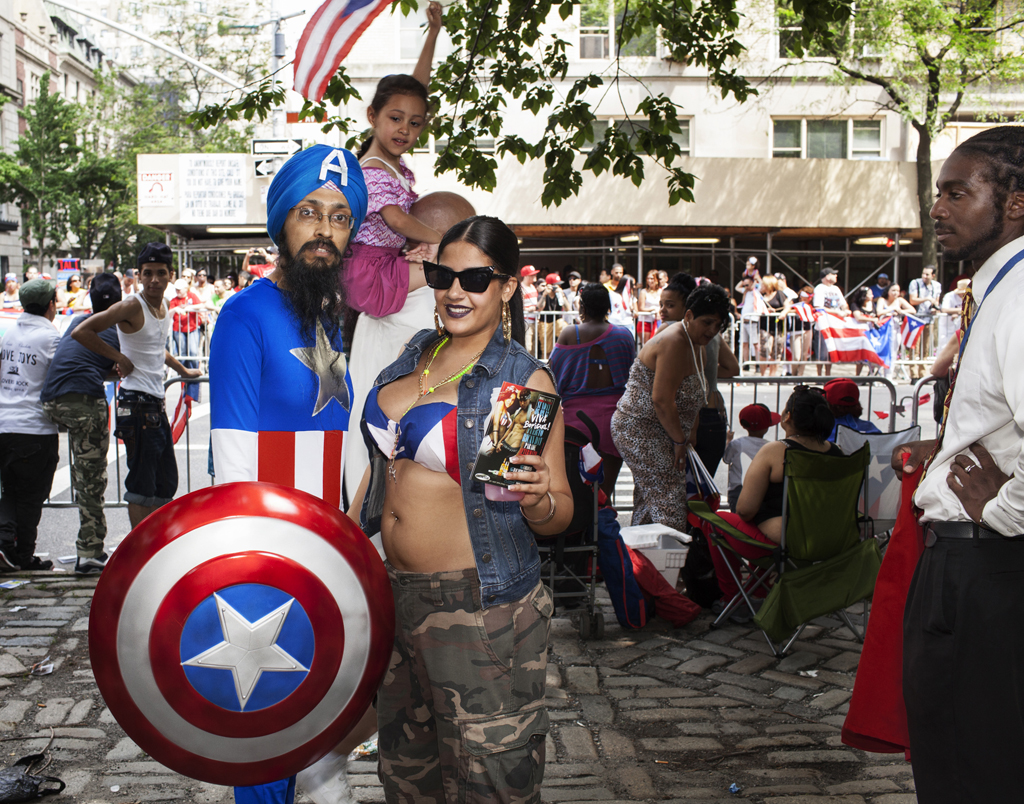
Photo by Fiona Aboud
During the duration of her project, Aboud sought to partner with Sikh-American organizations, but encountered resistance to working with an “outsider.” Her photo shoot with Singh was her last of the series before moving on to her next project.
“I gave him the pics, and didn’t think about it,” says Aboud. “Six months later, he’s got a documentary, he’s been on TV, he’s traveled around the country!” Armed with superhero confidence inspired by a photo shoot, Singh went from cartoonist to keynote speaker – addressing issues of stereotyping and unconscious biases.
The piece in Salon started a media snowball, and brought Singh and his character Sikh Captain America widespread fame. “When we went to the Women’s March, random people came up to him and said, ‘We teach you in our class about tolerance,’” says Aboud with excitement in her voice.
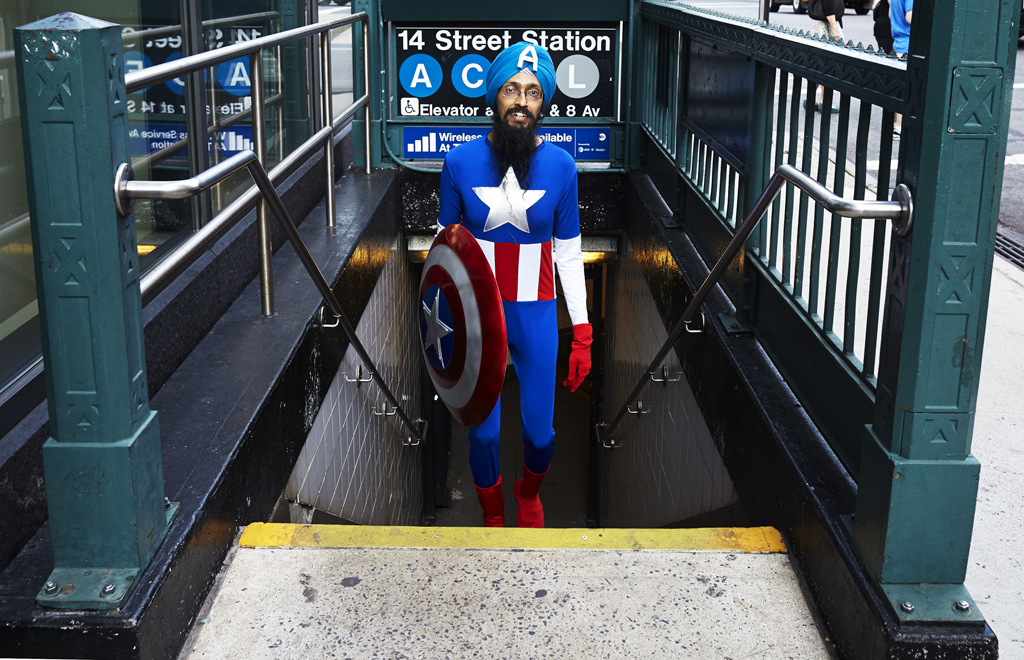
Photo by Fiona Aboud
“I watched my photo project grow up. It was that moment that I turned from photographer to conceptual artist. [The reaction supported] my original idyllic thing. It’s not gonna happen overnight, but it’s a good feeling that I’ve contributed to something visual and lasting.”
Aboud’s experience with this project has made her think intensely about photography and perception. In contemplating a Sikh-American as a superhero, Aboud says, “We’re not used to those two symbols being combined. It’s that doubletake.”
But she’s seen the passion of immigrants (Aboud herself was born in Rio de Janeiro), and wants to dispel inaccurate and harmful stereotypes. “They’re fresh off the boat, and they’re excited to be here, and they’re able to have better lives for their family because they’re here.”
